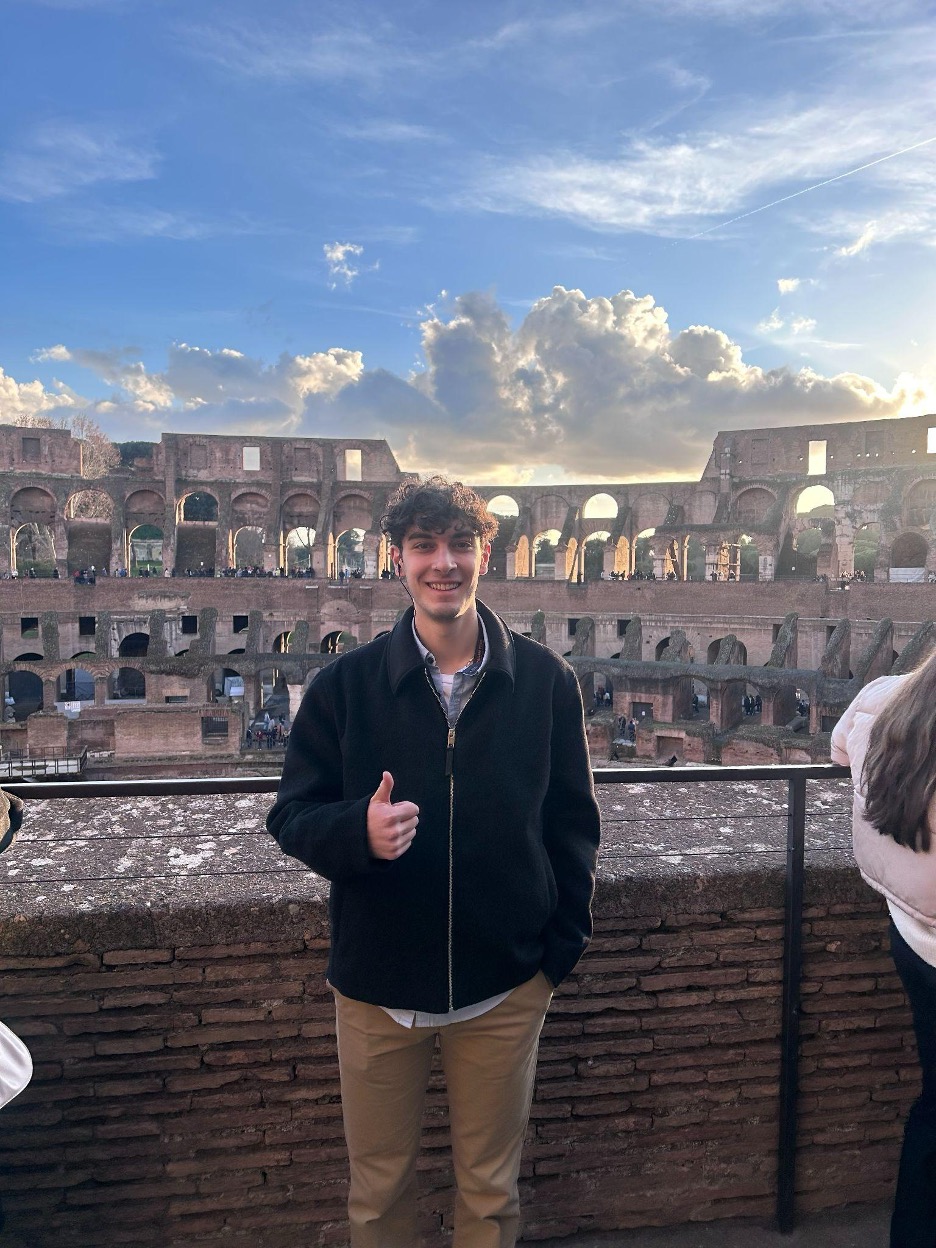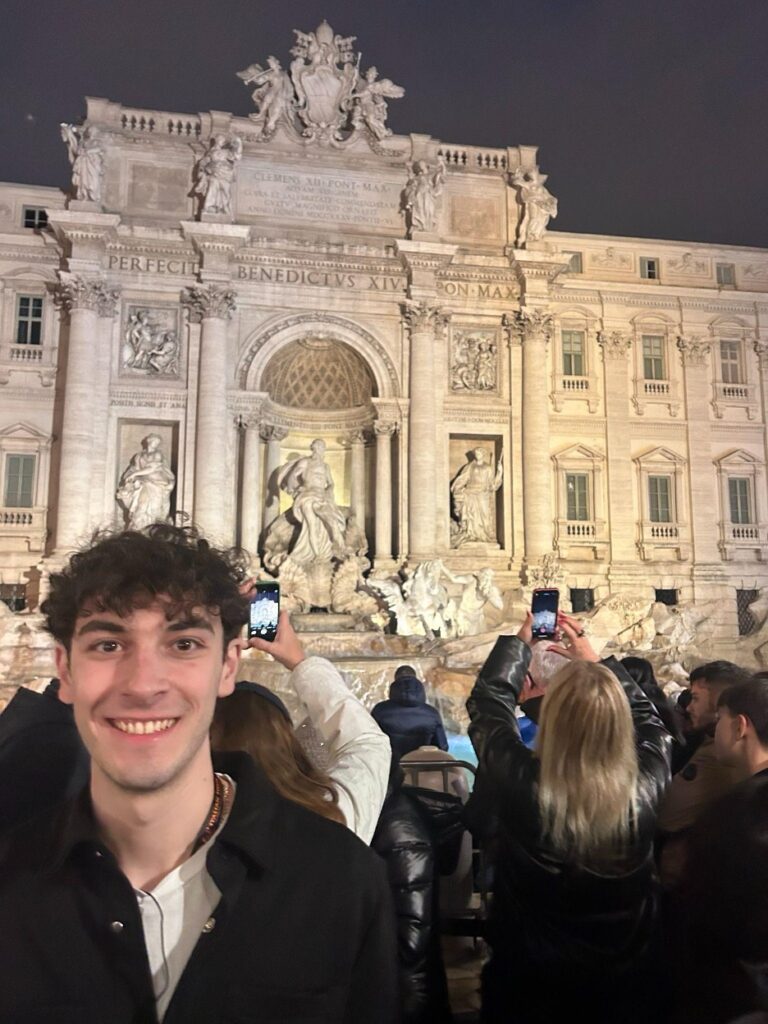STEM and Humanities Intersect: Study Abroad in Rome


I study Mechanical Engineering and Computer Science, and like many STEM students, I always viewed humanities classes as pointless busywork and overly abstract. To me, STEM courses feel practical and productive, while humanities often feel subjective and unclear in purpose. Why analyze art of history when I could focus on equations and systems? So, when I signed up for a humanities course as part of my study abroad program in Rome, I wasn’t expecting much, just another graduation requirement with little relevance to my goals. I didn’t realize how immersing myself in Rome’s art, history, and culture would transform my perspective. This experience showed me the value of humanities, not just for personal growth but for understanding how innovation and progress are shaped by culture and history.

Rome: A living humanities course
Taking a humanities course in Rome was unlike anything I have experienced. In this city, art and history aren’t confined to textbooks—they’re everywhere. Walking in and around landmarks like St. Peter’s Basilica, the Sistine Chapel, and the Capuchin Crypt made the material tangible and engaging.
As an engineer, I appreciated the structural challenges of Rome’s architecture, like the dome of the Florence Cathedral and the Colosseum’s innovative design. But the immersion gradually shifted my view to see more than just intricate design. I saw how these creations reflected the culture, priorities, and technological advancements of their time. Humanities became less about abstract concepts and more about understanding how societies evolve and innovate.For example, while the Pantheon and Colosseum display amazing feats of engineering, they are also statements of power and artistry that helped define their eras.
A new perspective on STEM
In the end, my class didn’t change my approach or how I solve technical problems, but it did:
- Give me a broader perspective of my field.
- Deepen my understanding of the cultural context in which engineering happens.
- Encourage me to think about a career that allows me to travel and explore the intersection of culture and technology.
- Enrich my education and leave me more open to exploring new disciplines.
- Help me appreciate art and history and their connections to innovation.
To STEM students hesitant about humanities courses, I’d say: Take one abroad. Cultural immersion brings the subject to life, making it more meaningful and enjoyable. Sometimes, stepping outside your comfort zone leads to the most rewarding experiences. This was definitely one of mine.

Joseph K. | Stevens Institute of Technology | IFSA January in Rome | January 2025